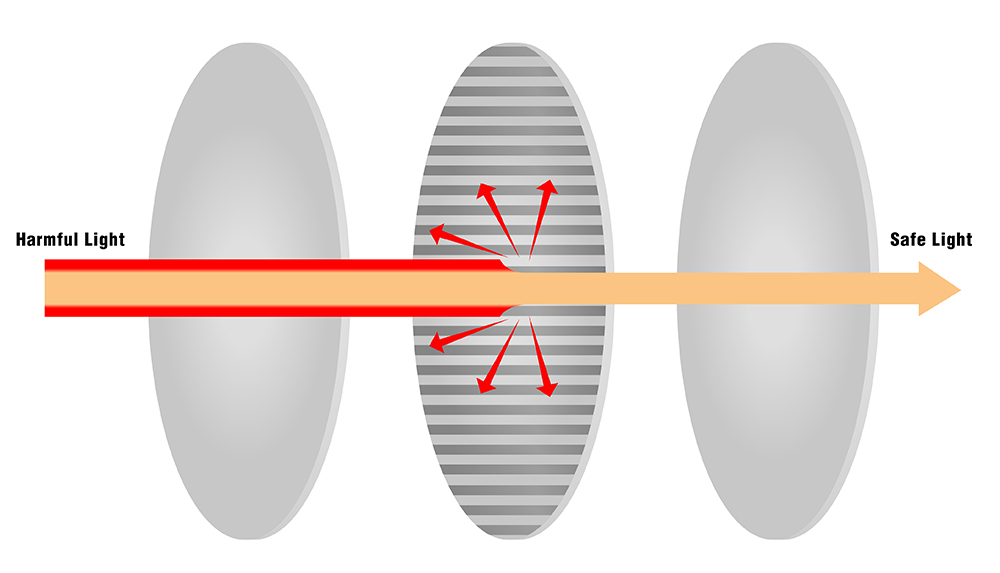
Are you (literally) being Blinded by the Light?
Everyone wants polarised sunnies. But why? How much about this amazing technology do you know?
We’ve put together the low-down so that you know why and when to don your polarised sunglasses.
To polarise or not to polarise? What, when and why?
1. What is the unique advantage of Polarised Lenses?
Polarisation is the only technology that reduces harmful and uncomfortable glare. To understand why polarised lenses are often a better solution than tinted lenses and coatings for some lifestyles, we need to understand the nature of glare.
2. What is glare?
Light consists of two types waves - one is propagated in the horizontal plane and the other in the vertical plane. When light bounces off a flat surface, such as water or snow, road surfaces, or shiny metallic objects (like cars), the horizontal component is seen as glare. Glare can cause significant strain on the eyes.
The only way to eliminate this glare, and in doing so reduce eye strain, is to place a polarised lens in its path that can effectively absorb the interfering glare.
3. How do polarized lenses work?
Polarised lenses are made using a special optical filter (chemical film) that absorbs the horizontal component of light and transmits only the vertical component. As a result, the bright reflected light is eliminated and eye strain is reduced.

4. When to polarise?
Polarised lenses are essential if you are confronted with flat reflective surfaces such as roads when driving. In fact, for day-time driving, there is no better visual safety solution. Cyclists, runners and many other athletes also benefit from polarised sunglasses. Also, if you spend time looking at water during water sports such as fishing, boating, etc. polarised lenses can ease the strain that glare places on your eyes and allow you to see more clearly and more comfortably.
5. Are Polarised lenses worth it?
Not only is glare a nuisance and causes eye strain, but it also impairs depth perception, distorts colours, and can cause temporary blindness, so the extra cost is worth it — especially for driving and athletes!
6. What are the benefits, summed up?
Polarised lenses increase visual comfort, improve visual acuity and lessen eye fatigue. Polarised glasses are the best eyewear for day-time driving and athletes (land and water). They protect the eye from UVA and UVB while improving contrast and colours in bright sunlight.
Polarised lenses act like a “visual filter” for your eyes, making every situation where the sun is present look clearer and richer by blocking blinding glare.
Torga Optical supplies two top-quality polarised products - Polar T and NuPolar.








